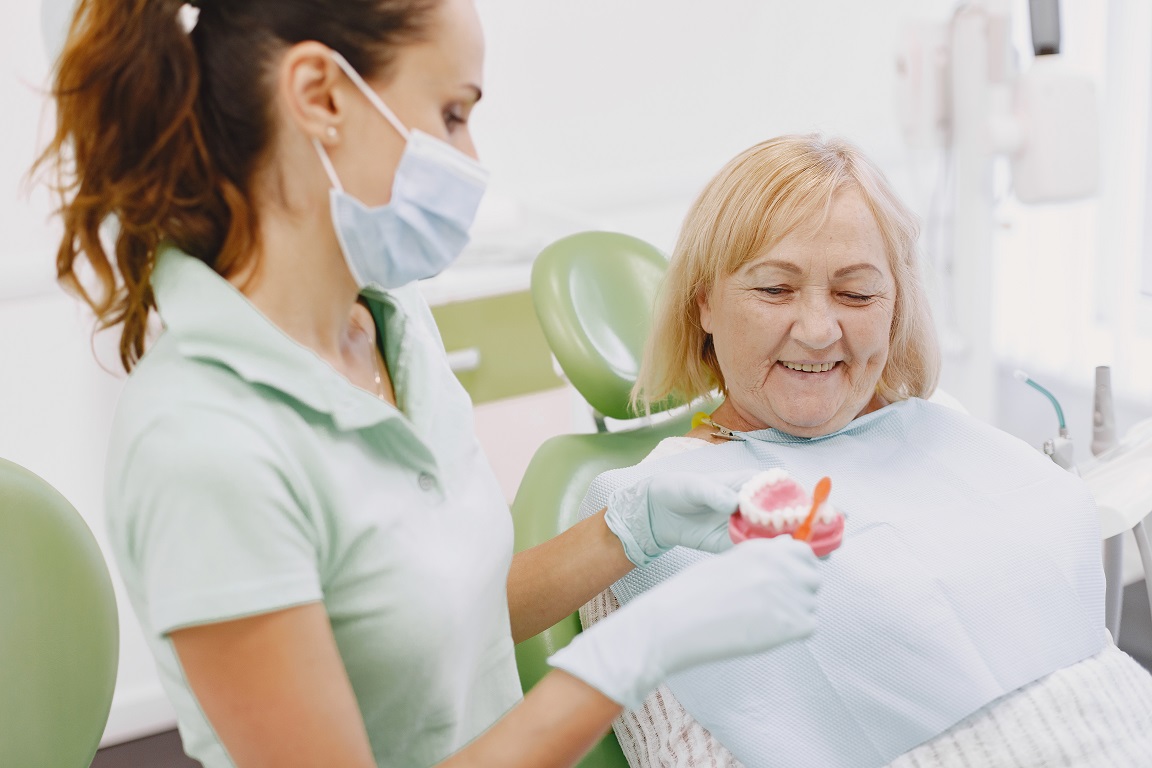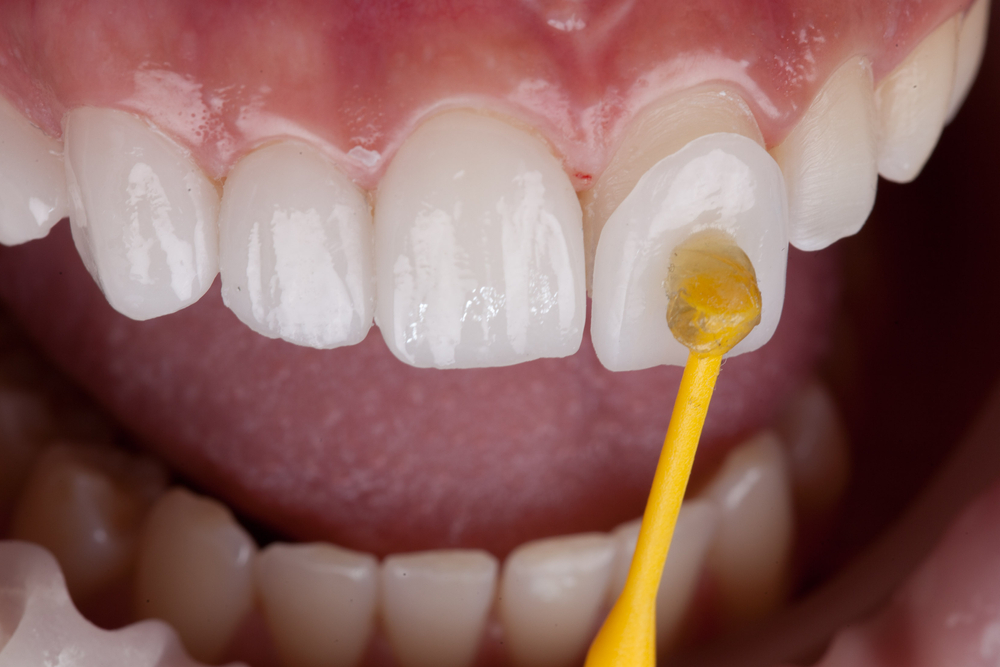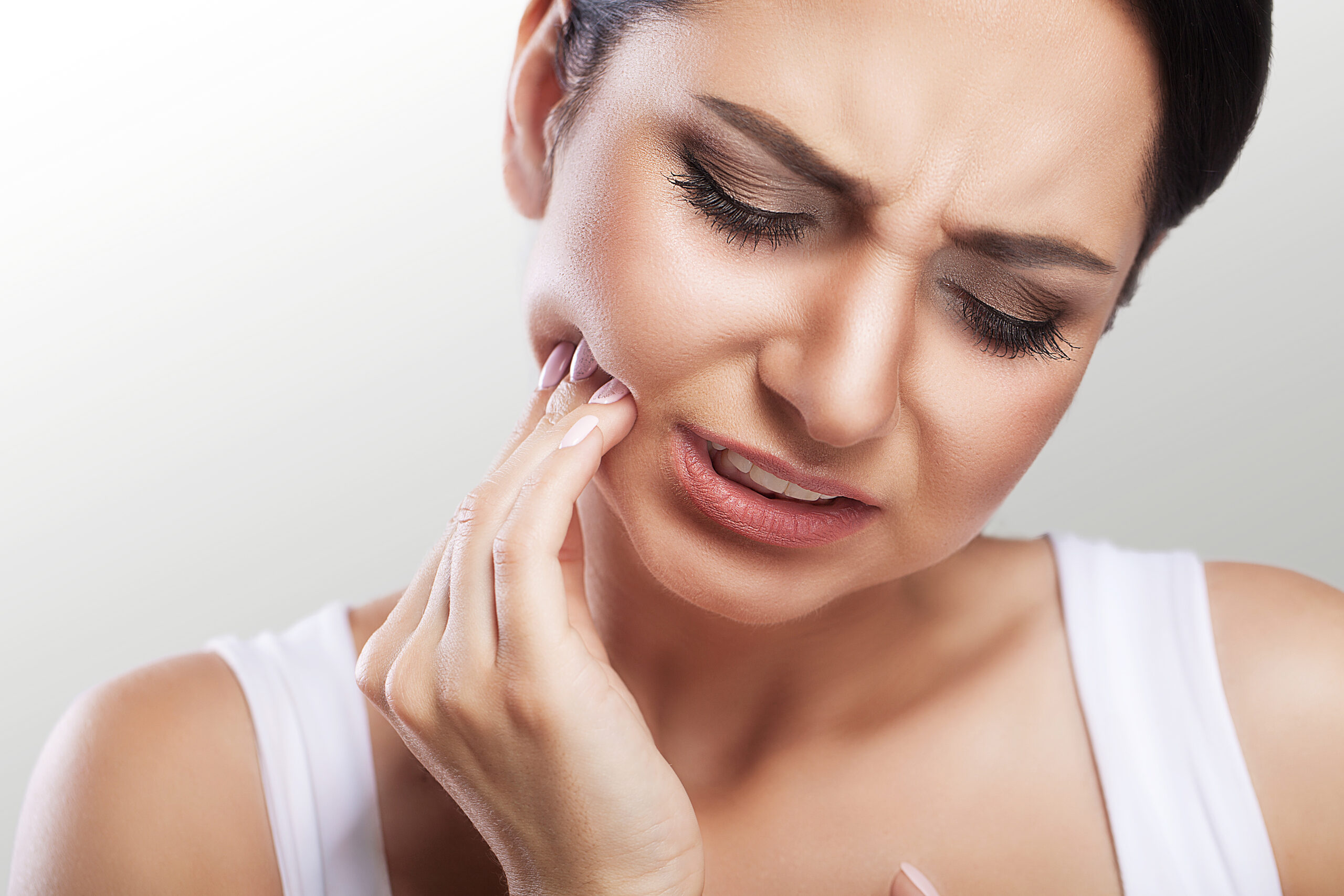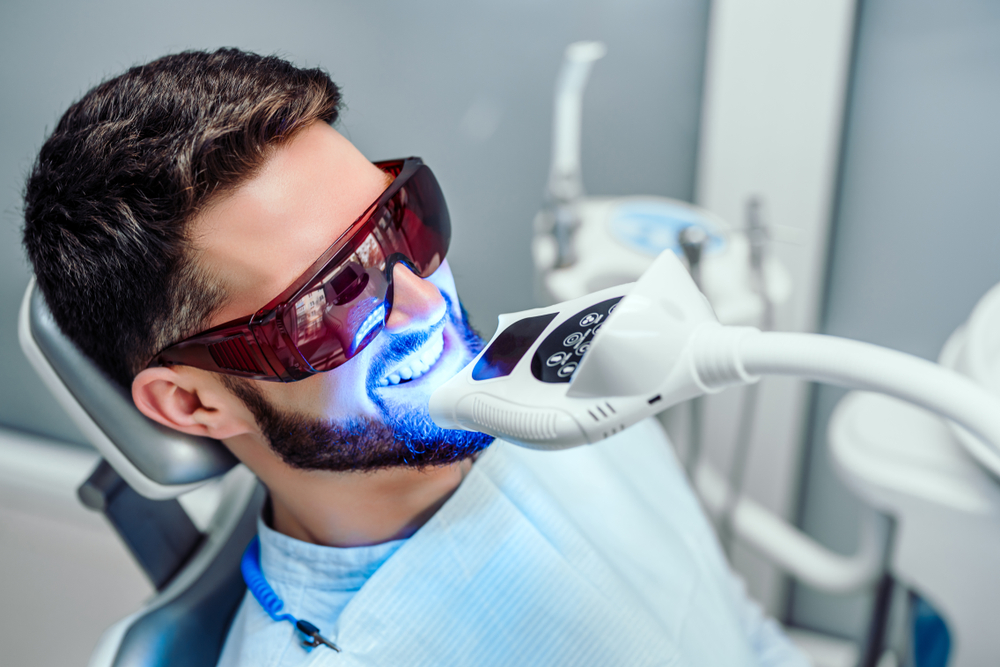Aging, like a fine wine, can bring richness and depth to life. Yet, it also presents unique challenges to our bodies, including our oral health. As we get older, our dental needs evolve, but a radiant smile and healthy gums remain as vital as ever. Welcome back to the Smile Science Blog! In this article, we’ll explore the fascinating relationship between aging and oral health, because understanding the journey ahead empowers us to take better care of our smiles in every season of life.
Understanding Oral Health as We Age
With age, our bodies naturally undergo changes, and our mouths are no exception. Your teeth, after serving you faithfully for decades, might not be as robust as they once were. Gum tissues naturally recede, and a lifetime of crunching, munching, and sipping can show on your enamel.
Contrary to common misconceptions, losing teeth is not an inevitable part of aging. Rather, it’s often the result of preventable oral diseases. With proper care, your teeth can remain strong and healthy throughout your life. Moreover, while some might believe that a bit of gum bleeding is normal, it’s actually a warning sign of gum disease and should not be overlooked.
Common Oral Health Issues in Older Adults
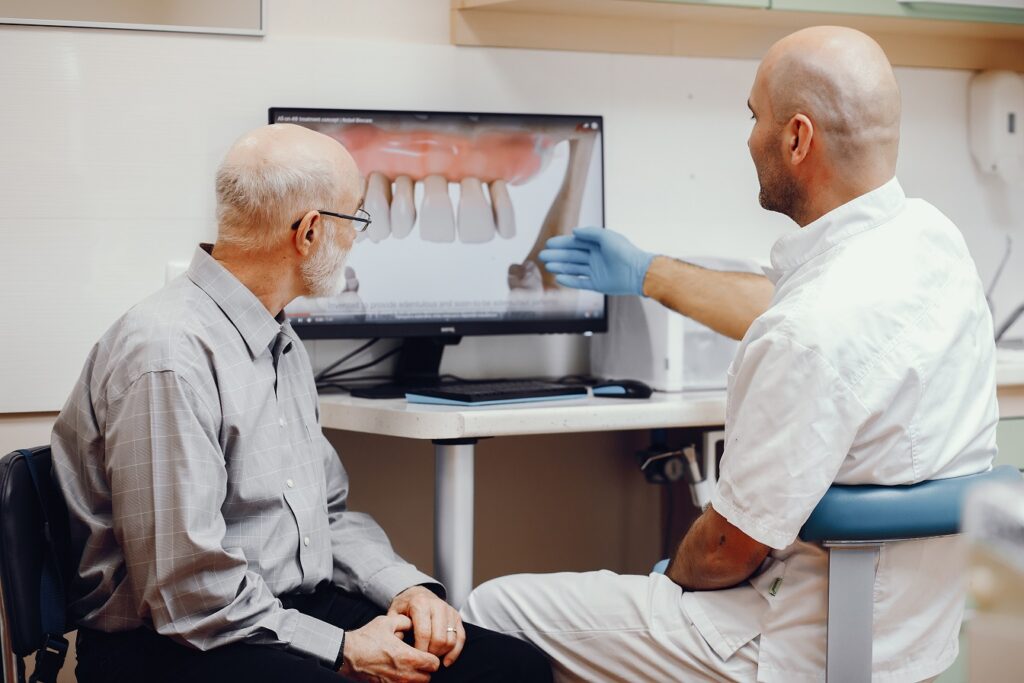
As we age, we might face a few more oral health challenges. These include:
- Gum Disease: Also known as periodontal disease, this is often caused by plaque buildup and can lead to tooth loss if not treated.
- Tooth Decay: Our teeth can become more susceptible to cavities as we age due to gum recession exposing the roots of our teeth, which lack the protective enamel layer.
- Dry Mouth: Often a side effect of medication, dry mouth can increase the risk of tooth decay as saliva helps neutralize harmful acids in the mouth.
- Oral Cancer: Risk for this disease increases with age. Regular dental check-ups are essential as they often include oral cancer screenings.
Each of these issues has unique symptoms, from sensitive teeth and bleeding gums to persistent dryness and mouth sores. The good news? They’re often treatable, especially with early detection, which reinforces the importance of regular dental visits as we age.
The Impact of Aging on Oral Health
Aging impacts oral health in various ways. For one, medications common in older adults can cause dry mouth, reducing saliva that helps neutralize acids and rinse away food particles. Reduced saliva flow can lead to tooth decay and other oral health issues.
But the story doesn’t end in the oral cavity. There’s a profound connection between oral health and overall health. Research has linked gum disease to various systemic conditions, such as heart disease, stroke, and diabetes. Thus, maintaining good oral health is not only essential for a sparkling smile, but it also plays a crucial role in your broader health landscape.
Prevention and Care: Maintaining Oral Health as You Age
Keeping your mouth healthy as you age involves a consistent oral hygiene routine. Regular brushing with fluoride toothpaste, daily flossing, and rinsing with an antiseptic mouthwash form the foundation. However, it’s equally important to watch your diet; try to limit sugar and opt for foods rich in calcium and vitamin C, which support gum health.
Don’t underestimate the power of regular dental check-ups and cleanings. They are your secret weapon for early detection and treatment of oral health problems, ensuring your smile stays vibrant for years to come.
Dental Care Options for Older Adults
Several dental procedures are commonly recommended for older adults to maintain oral health and functionality. These include fillings and crowns to repair damaged teeth, root canals to treat serious decay, and extractions for severely damaged teeth.
In cases of significant tooth loss, dentures and dental implants come into play. Dentures can replace sections of missing teeth or an entire jaw’s worth. Dental implants, on the other hand, provide a permanent solution with a natural look and feel. Both options have their pros and cons, so discuss with your dentist to see which fits your needs.
Conclusion
From understanding how aging impacts oral health to learning about common oral health issues and prevention strategies, we’ve covered significant ground. Remember, growing older doesn’t mean you have to resign yourself to oral health problems.
Invest time in daily oral care, keep those regular dental appointments, and stay informed about your oral health. You’re not just taking care of your mouth; you’re contributing to your overall well-being. So keep smiling, keep shining, and remember that the team at our dental practice is here to help you navigate your oral health at every stage of life.


